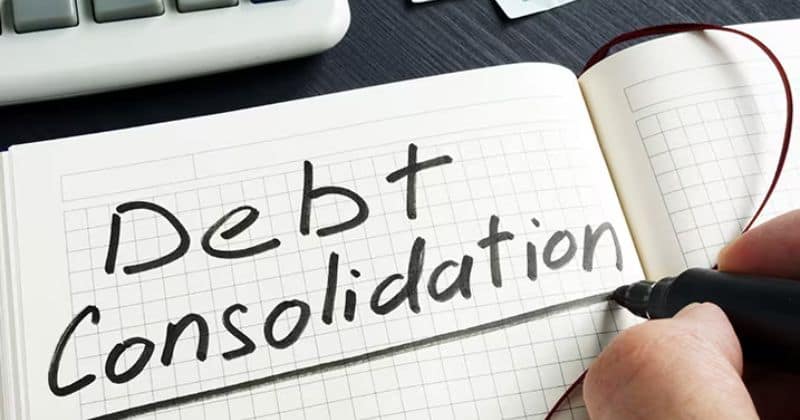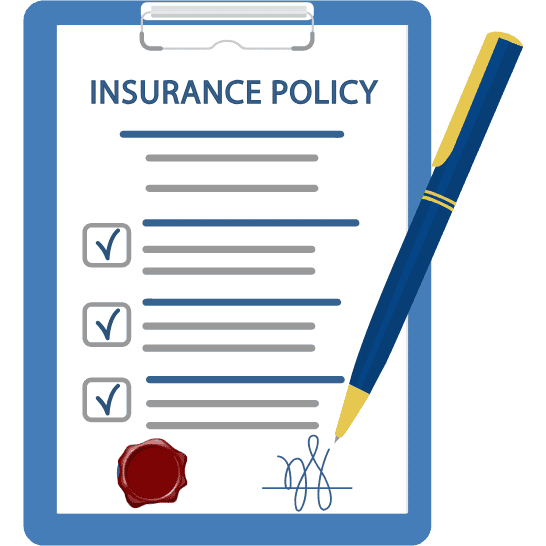What Is a Debt Consolidation Loan?

A debt consolidation loan is a type of personal loan designed to pay off multiple debts. Instead of juggling multiple creditors and due dates, borrowers receive a lump sum that pays off existing debts. They are then left with a single monthly installment, simplifying their financial obligations. These loans are commonly used to consolidate credit card balances, personal loans, medical bills, and other unsecured debts. The primary advantage is the potential for lower interest rates, reducing the total amount paid over time. One of the biggest advantages is the possibility of securing a lower interest rate compared to credit cards or high-interest personal loans. A reduced rate means more of the payment goes toward the principal, helping borrowers clear their debt faster. Handling multiple payments with different due dates can be challenging. A consolidation loan eliminates this hassle by combining debts into one fixed monthly installment, reducing the chances of missed payments and late fees. Consistently making timely payments on a consolidation loan can positively impact credit scores. Additionally, paying off credit card balances can improve the credit utilization ratio, which is a key factor in credit scoring. With structured repayment terms and lower interest rates, borrowers often pay off their debts sooner than they would have with multiple high-interest accounts. Debt can be a significant source of stress and anxiety. Simplifying financial obligations through consolidation can provide relief and allow individuals to focus on financial recovery and long-term stability. Debt consolidation loans are ideal for individuals who: For individuals struggling with mounting unsecured debt, RupeeRelief offers tailored solutions beyond traditional consolidation loans. Their services include: A debt consolidation loan can be an effective tool for managing multiple financial obligations, reducing stress, and regaining control over one’s financial future. However, it’s crucial to assess personal financial circumstances and explore all available options before making a decision. For those who may not qualify for traditional consolidation loans, services like RupeeRelief offer alternative solutions, including debt settlement and financial counseling, to help individuals break free from debt traps without additional borrowing.Understanding Debt Consolidation Loans
How Does a Debt Consolidation Loan Work?
Benefits of Debt Consolidation Loans
Lower Interest Rates
Simplified Payments
Improved Credit Score
Faster Debt Payoff
Reduced Stress
Who Should Consider a Debt Consolidation Loan?
Alternatives to Debt Consolidation Loans
How to Choose the Right Debt Consolidation Loan
The Role of RupeeRelief in Debt Solutions
Final Thoughts

